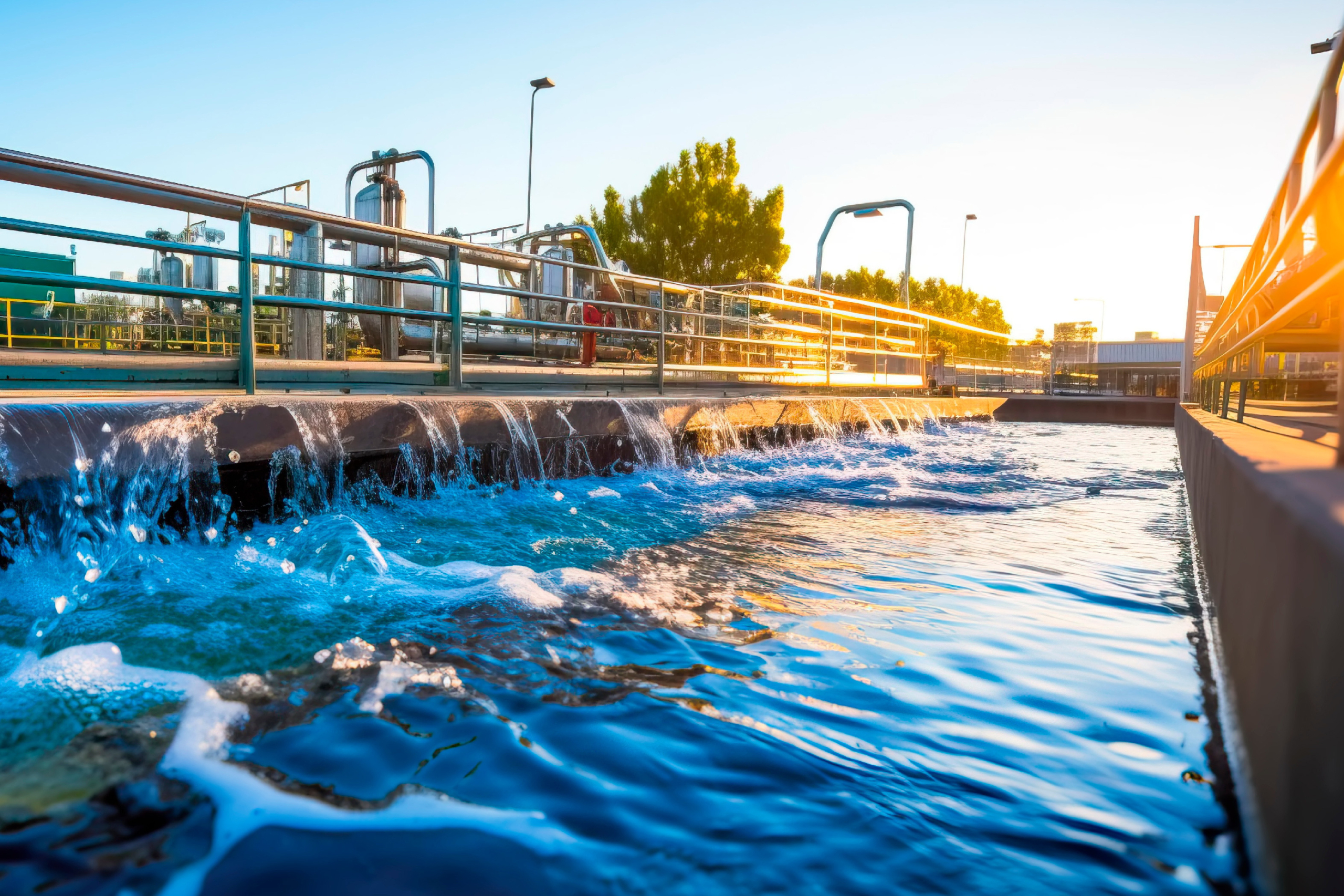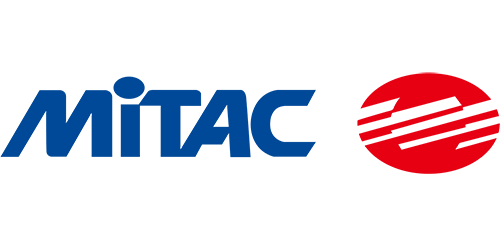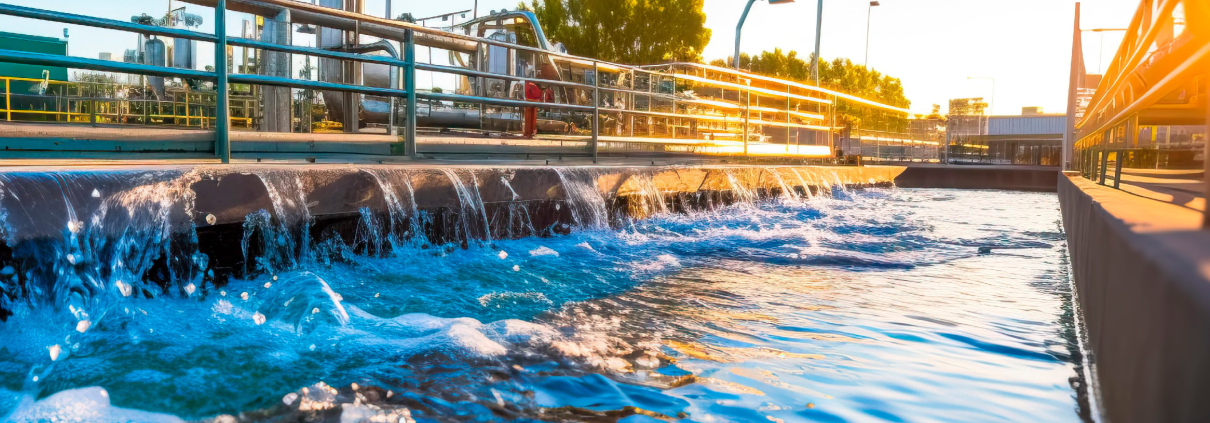Taoyuan City’s Invisible Infrastructure Managed Intelligently

The “Next Generation Sewage and Sewerage System Integrated Operations Cloud Platform,” developed by MiTAC for Taoyuan City, integrates all facility equipment and signals, including control and monitoring equipment, water quality and quantity data, and smart meters. This allows the city’s unseen infrastructure to be managed intelligently, greatly improving the work management efficiency of various operational units at both the county and city levels.
The platform has already been implemented and currently serves 11 water resource recycling centers, including those in Taoyuan North District, Guishan, Yangmei, Wenqing Water Park, Daxi, Shimen, Fuxing, Sanmin, Luofu, Yisheng, and Puding. Additionally, it covers two cluster sewage treatment facilities at Baiji and Shunshipo, as well as five on-site treatment facilities, including Yuemei Constructed Wetland, Yuanshulin Gravel Room, Chaoyang Gravel Room, Upper Nankan River Gravel Room, and Shuibiantou Gravel Room Purification Facilities. Among them, the Daxi Water Resources Recycling Center (including Yuemei Constructed Wetland) was awarded the “23rd Public Works Gold Award” and the “Public Facility Maintenance and Management Award” by the Executive Yuan’s Public Construction Commission.
The platform integrates three strategic solutions: Serial Internet of Things (IoT), cloud data integration, and intelligent decision-making models. For the IoT aspect, this platform translates PLC equipment signal data into the cloud and standardizes heterogeneous data such as data formats, naming conventions, and data retrieval frequencies. The data is compiled according to signal encoding and decoding principles.
Regarding cloud data integration, the platform’s backend database is designed for scalability. Each plant inherits the standard database attributes and can expand fields to meet growing service demands, addressing the issue of data discrepancies among various large and small plants in the city. Additionally, the data uses the standardized OGC API, providing suitable services for users with different levels of technological capability.
For intelligent decision-making, the platform integrates data into water quality simulation software, allowing for the estimation of water quality status. Water quality simulation results, reduction in equipment operating hours, and other reference values are displayed on the smart factory dashboard for each plant, serving as decision-making aids for managers.
Efficient Management of Taiwan’s Most Beautiful Water Resource Recycling Center – Digital Transformation Achievements of Wenqing Water Park:
The Wenqing Water Park Water Resource Recycling Center, known as Taiwan’s most beautiful water recycling center, is beloved by tourists. MiTAC utilized this platform to enable the park’s digital transformation. For example, the platform has built a water quality simulation model to verify and predict incoming and outgoing water quality. If any abnormalities are detected, the platform issues alarms for parameter adjustments and provides energy-saving suggestions.
Energy-Saving Success at Guishan Water Resource Recycling Center:
At Guishan Water Resource Recycling Center, this platform identified the top five major energy-consuming pieces of equipment through IoT data analysis. This enabled upgrades or replacements (such as installing frequency converters) and adjustments to operational modes. After these changes, the center saved approximately 1,335,024 kilowatt-hours of electricity per year, equivalent to saving about 3.6 million NT dollars annually. Furthermore, the platform can accurately monitor equipment health, notify about failures in real-time, and provide automatic maintenance dispatching, increasing equipment availability to 99%. This results in both environmental protection and economic benefits.
The Taoyuan City Water Affairs Bureau has been proactive in its digital transformation efforts, working closely with MiTAC to make Taoyuan City’s Water Resources Center a leading example of smart city digital transformation. Casper Guo, deputy manager of MiTAC’s Taoyuan Water Resources Project, stated that MiTAC will continue to expand the platform’s applications, assisting more water resource recycling centers in other counties and cities to achieve smart management goals, ultimately fostering sustainable and resilient urban environments.




